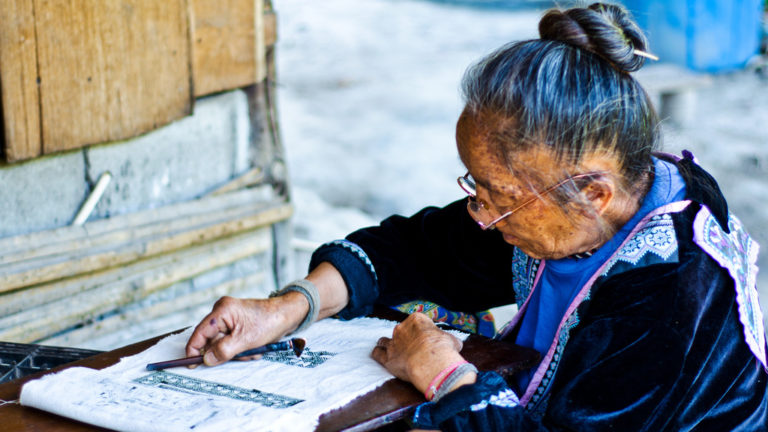For the last decades UNESCO has been criticised for not tending to indigenous rights. The World Heritage convention has, despite its aim, resulted in devastating consequences for indigenous peoples. Signs of change in their work can be detected, but will it be enough?
“Indigenous peoples are living manifestations of cultural diversity, repositories of thousands of rare languages, and essential partners in building knowledge societies […]. As such, their societies, which among the most vulnerable in the world, are also the heart of the concerns of UNESCO’s mandate“ – UNESCO.
Despite this straightforward claim, the United Nations Educational, Scientific and Cultural Organization (UNESCO) has in the past been criticised for not adhering to indigenous rights. A large part of the critique has been aimed towards the implementation of the World Heritage Convention. The convention aims to protect landmarks or areas which are of particular cultural, historic or scientific significance to future generations. The ambition of UNESCO’s World Heritage Convention is all very well on paper, so what does the critique against the convention actually concern?
The World Heritage convention arguably has the potential to tend to indigenous rights by protecting sites that are of cultural or historic importance to indigenous peoples. For instance, the inscription of Nahanni National Park Reserve in Canada has been recognised as favourable with regards to indigenous rights. The protection status is argued to have supported Dehcho First Nations’ efforts in protecting their ancestral territories from mining and extraction activities. However, the nomination process was far from unproblematic. Although the Dehcho First Nations have gotten a greater say in the management of the reserve, they were initially excluded from dialogues regarding the protection of the area.
In an evaluation of UNESCO’s work with indigenous peoples through the World Heritage Convention, the failure to include local indigenous voices seem to have been the trend rather than the exception. The lacking representation of indigenous peoples in the nomination process been criticised for depriving indigenous peoples of the right to self-determination. There are also several accounts of World Heritage inscriptions that resulted in forced removals of indigenous peoples from ancestral lands without regard to their right or connection to the land in question.
On a more positive note, UNESCO now seem to be reviewing themselves. In recent years, actions towards bettering the work for and with indigenous peoples have been taken. In the summer of 2017, The International Indigenous Peoples’ Forum on World Heritage (IIPFWH) was launched. This was the third UNESCO forum to be created in support of indigenous people. The same year, the organization officially published the UNESCO policy on engaging with indigenous peoples. These actions are assumed to be meaningful for the future work in support of indigenous peoples around the globe, both in symbolic and concrete ways.
Moreover, the UN General Assembly officially claimed 2019 as The Year of Indigenous Languages, for which UNESCO now stands as leading organization. This is an action plan, aimed at spreading awareness about the vast diminishing of indigenous languages world wide. As so much cultural knowledge and plenty of traditions are preserved within languages, this is in favor of both preserving indigenous cultures and the rights of indigenous people.
Considering the long occurred neglect of indigenous peoples throughout much of the time UNESCO has been active, critique of any actions taken today can be awaited. Many are closely following up on the implementation of the policies and action plans as they pose the question if it might be just too little, too late.

